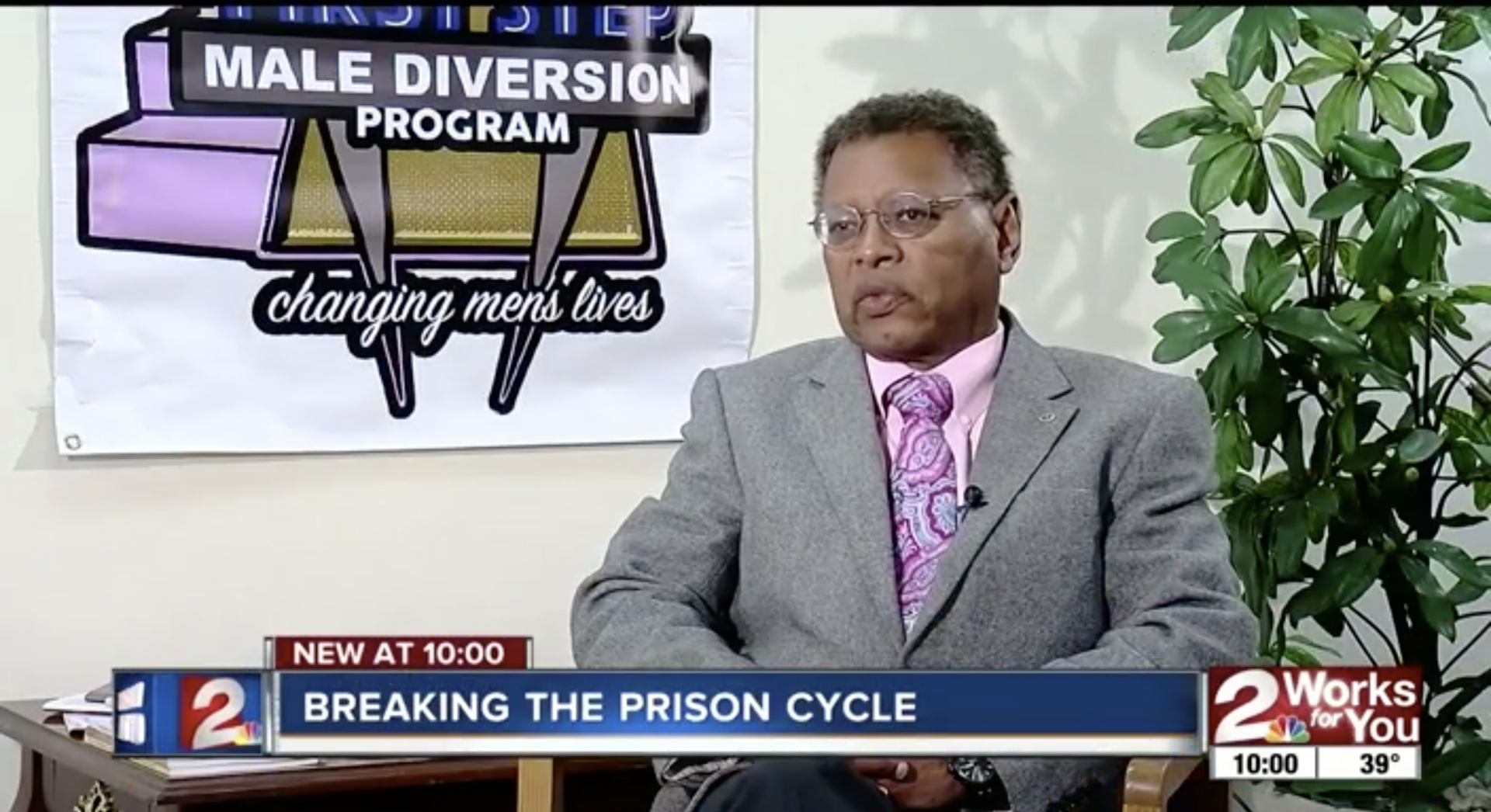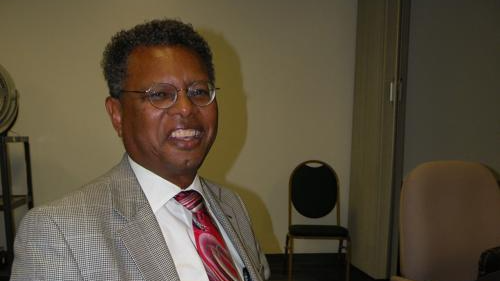News

By David Phillips
•
September 6, 2024
Explore the multifaceted process of criminal desistance in this in-depth analysis, integrating social, psychological, and neurophysiological perspectives. Learn how social structures, individual agency, and brain functions, such as prefrontal cortex activity and neuroplasticity, play a role in the cessation of criminal behavior. This comprehensive approach sheds light on the mechanisms that support desistance and offers insights for designing effective interventions and rehabilitation strategies. Dive into the latest research on how biology and environment intersect in shaping pathways away from crime.
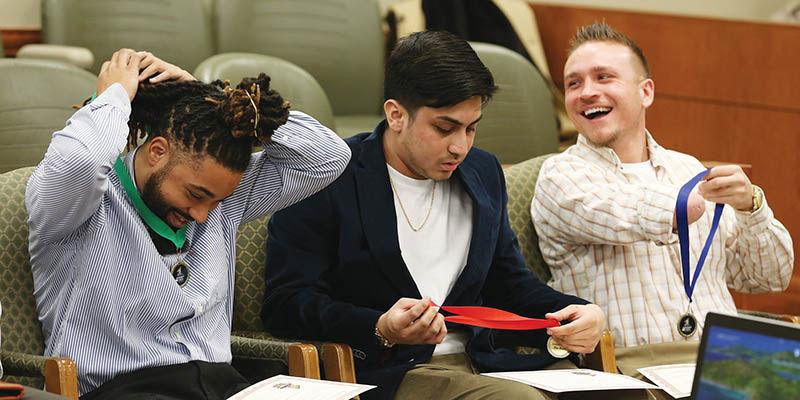
February 1, 2020
Prison diversion program offers young men a different future Last year, Miguel Chavez was facing a minimum two-year sentence for possession of marijuana with intent to distribute. With the threat of prison time looming, he was living day-to-day with little hope for the future. But a new program helping young men avoid incarceration has given Chavez and others something they never expected—a second chance. Chavez was one of three recent inaugural graduates of the Tulsa-based First Step Male Diversion Program, which launched in 2016 with the goal of ending the “school-to-prison pipeline” for young men in Oklahoma aged 18 to 25. He now plans to return to school and become an architect. “Probably the most important thing I was taught was to always have a dream,” he said to a room of spectators at the Tulsa County District Courthouse. “Without a dream, you have no vision. Without any vision, you have no goals. Without any goals, you have no motivation. Motivation is the key to being successful.” A February study from Workforce Tulsa and The University of Tulsa College of Law’s Lobeck Taylor Community Advocacy Clinic found that justice-involved individuals face major barriers to finding jobs. Obstacles include employer discrimination, complex expungement practices, occupational licensing regulations, excessive wage garnishment for child support, fees and fines related to incarceration, and barriers to housing.
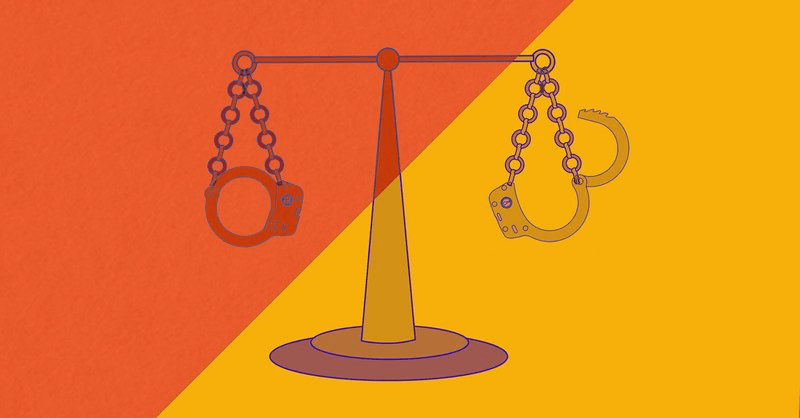
October 15, 2019
TULSA, Okla. — It has been one year since the enactment of the criminal justice reform bill in Oklahoma. It is time to look at the effects that these reforms have had in the past year and what the future holds. The court and organizations interested in criminal justice reform are implementing that bill. Please join us at a panel discussion covering criminal justice reforms of the last year: Are they working, where have there been issues, and what does the future hold? Panelists include District Attorney Steve Kunzweiler, Judge Sharon Holmes, Dr. Ronald Thrasher, Kris Steele, Beverly Atteberry, and others. The panel will be moderated by David Blatt – former Executive Director of OK Policy Institute and David Phillips – Executive Director of 1 st Step Male Diversion Program. The panel will be held on November 14, 2019, at Centenary United Methodist Church at 6:30 pm. We encourage community members, public officials, and media to come and hear the lessons learned and to discuss the path forward as we continue working towards criminal justice reform in Oklahoma.
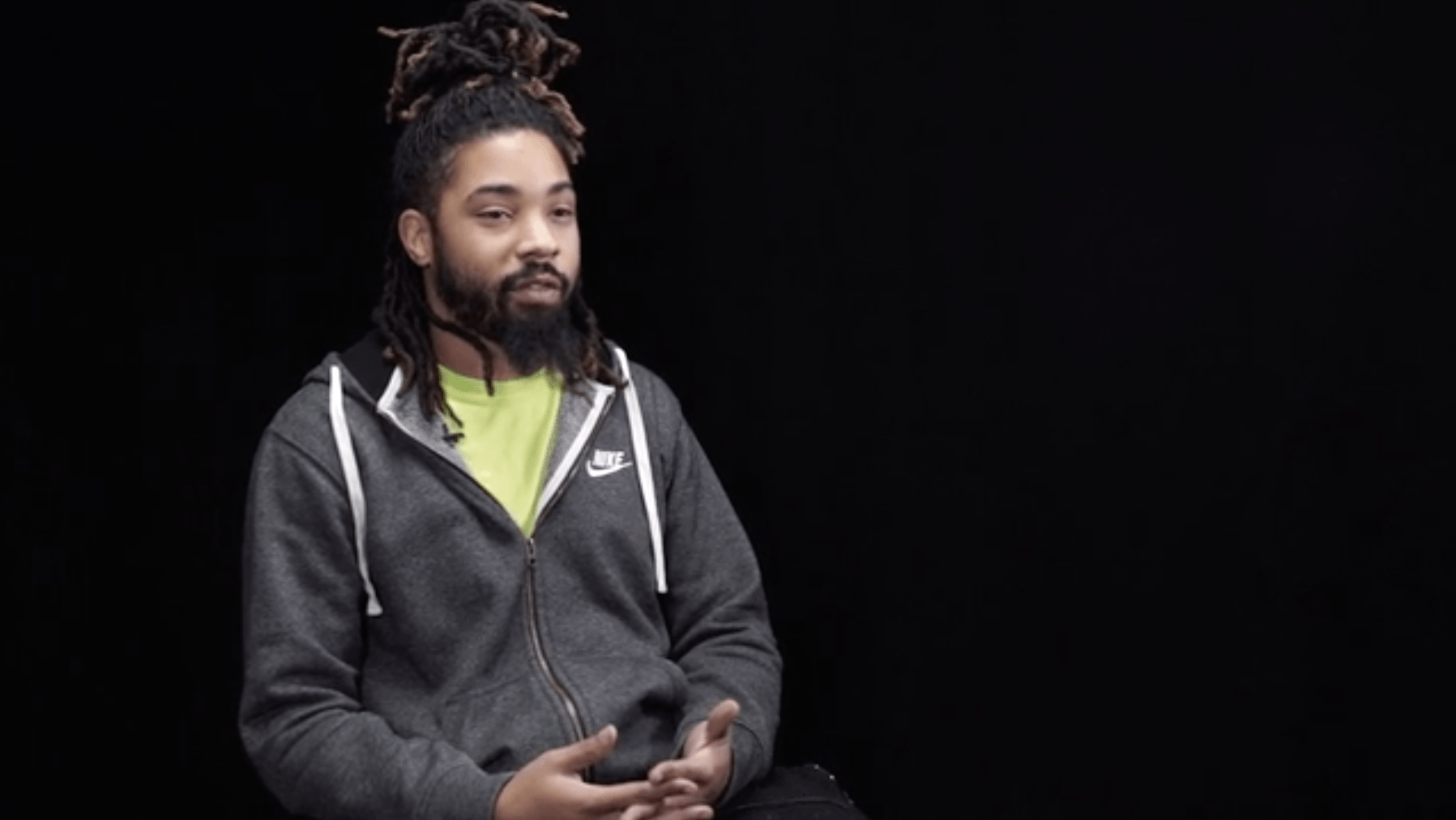
February 15, 2019
TULSA, Okla. — The first graduation of the 1 st Step Male Diversion Program will be held on February 21, 2019, at 11 am in Courtroom 406 of the Tulsa County Courthouse. Mr. Justin Cathey, Mr. Christopher Davis, and Mr. Miguel Chavez have completed all requirements for the 1 st Step Male Diversion Program including full-time employment, individual and group therapy, sobriety, and compliance with supervision. These young men will be leaving our program with a strong foundation allowing them to continue in their futures as involved citizens in the community. Each young man is stepping into a future they and their families can be proud of.
Stay Informed
Thank you for signing up for our Newsletter.
You can now stay up to date with the latest from 1st Step MDP
Oops, there was an error signing up.
Please try again later.
© 2025
All Rights Reserved | 1st Step Male Diversion Program
Privacy Policy | Site by BlackMatter Creative





